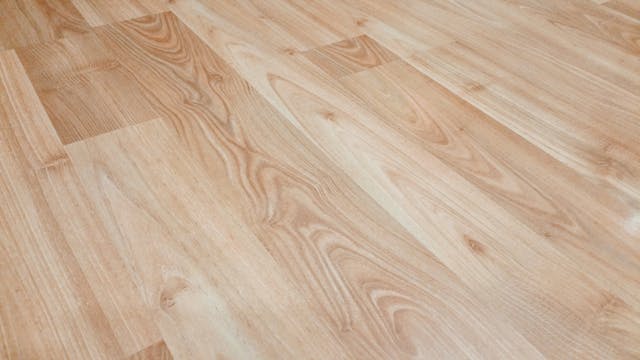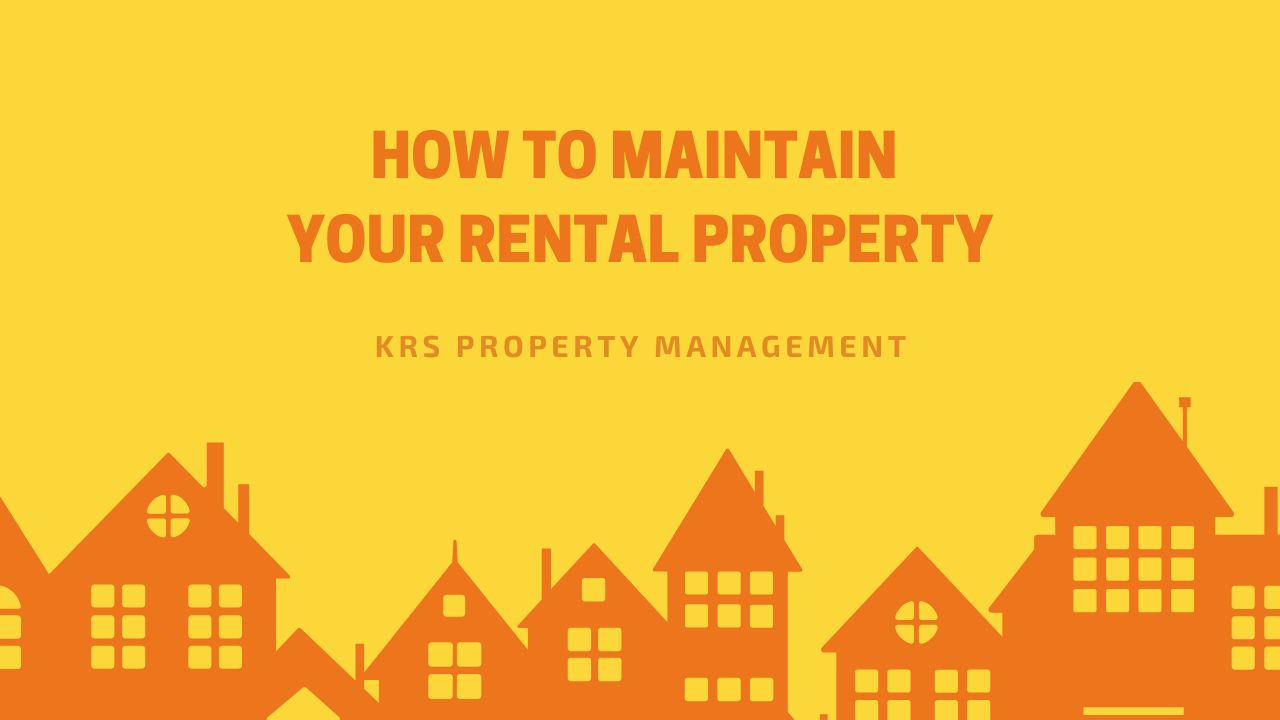Key Takeaways
Regular Inspections and Preventative Maintenance Are Key: Routine checks and proactive upkeep help prevent costly repairs and ensure the property remains in good condition.
Prompt Repairs and Good Tenant Communication Matter: Addressing maintenance requests quickly and keeping open communication with tenants improves satisfaction and encourages long-term tenancy.
Plan for Long-Term Upkeep and Budget Accordingly: Setting aside maintenance funds, using quality materials, and planning for turnovers keep the property attractive and valuable over time.
Owning a rental property is a long-term investment that can generate consistent income and build wealth over time. However, to preserve its value and ensure tenant satisfaction, proper maintenance is crucial.
A well-maintained property not only attracts responsible residents but also minimizes costly repairs, legal issues, and long vacancies.
Here are strategies our trusted team at KRS Holdings Charlottesville have put together to maintain your investment effectively.
Prioritize Regular Inspections
Routine inspections are the backbone of good rental property maintenance. By checking the property regularly, you can identify small issues before they turn into expensive problems.
It's recommended that inspections be conducted at least twice a year, as well as during move-ins and move-outs. Look for signs of water damage, signs of leaks, pest activity, wear and tear, and issues with electrical and HVAC systems.
Document your findings with photos and notes, and address any problems promptly.
Stay on Top of Preventative Maintenance
Preventative maintenance helps extend the life of your property’s systems and appliances. Schedule seasonal tasks like cleaning gutters, servicing the HVAC system, checking the water heater, and inspecting the roof.
_2.jpg)
Replacing air filters, testing smoke detectors, and checking for drafts or insulation issues should also be part of your routine. Keeping up with these tasks ensures that your property runs efficiently and reduces the risk of emergencies that can frustrate both you and your tenants.
Respond Promptly to Repairs
Nothing drives residents away faster than neglected maintenance requests. When a tenant reports an issue, respond quickly and professionally. Even if the problem seems minor, delaying repairs can lead to bigger problems and strained landlord-tenant relationships.
A prompt response shows residents that you care about their comfort and safety, which can lead to longer tenancies and better property care from their side.
Keep the Property Clean and Presentable
A clean and well-maintained property sets the standard for how residents should treat the space. While tenants are responsible for keeping the unit clean during their lease, landlords must ensure common areas, exterior spaces, and vacant units remain in top condition.
Pressure-wash walkways, trim overgrown landscaping, remove debris, and touch up paint as needed. First impressions matter, especially when showing the property to prospective tenants.
Invest in Quality Materials and Appliances
Cutting corners on materials or appliances may save money in the short term but often results in higher maintenance costs in the long run. Durable flooring, quality paint, and energy-efficient appliances are worth the investment.

Not only do they last longer, but they also attract tenants who value quality and are more likely to take care of the property. Consistency in materials throughout the units also makes future maintenance easier.
Maintain Good Communication With Tenants
Tenants are your eyes and ears on the property. Establishing a clear line of communication encourages them to report maintenance issues early. Let them know how to reach you for emergencies and non-urgent matters.
You can even provide a simple maintenance checklist when they move in to help them understand their responsibilities. Regularly checking in, even if only once every few months, helps build trust and encourages a sense of shared responsibility.
Understand Legal Maintenance Responsibilities
Landlords are legally obligated to maintain their rental properties to a habitable standard. This includes providing safe plumbing, heating, and electricity, as well as ensuring the structure is sound and free from hazards.
Familiarize yourself with your local and state landlord-tenant laws to avoid fines, disputes, or lawsuits. Even if a tenant doesn’t complain, you can still be held liable for code violations.
Keep Detailed Maintenance Records
Proper documentation protects you in the event of disputes or legal issues. Maintain detailed records of all inspections, repairs, service calls, and tenant maintenance requests. Include dates, descriptions, contractor information, and receipts.
This not only provides a clear maintenance history but also helps with budgeting for future repairs and can be useful during tax season when reporting expenses.
Set Aside a Maintenance Budget
Many property owners underestimate the cost of maintenance, which leads to deferred repairs and declining property value. A good rule of thumb is to set aside one to three percent of the property’s value each year for maintenance.
_1.jpg)
For older properties, you may need to allocate more. Having funds ready ensures you can address issues promptly without cutting corners or delaying needed work.
Plan for Turnover Periods
When a tenant moves out, take the opportunity to perform a thorough inspection and tackle any deferred maintenance.
Repaint walls, deep-clean carpets or floors, check for leaks, replace worn-out appliances, and ensure everything is functioning properly. Turnover is also a good time to upgrade outdated features that can make your property more appealing to new tenants.
Benefits of Hiring a Professional Property Management Company
Maintaining a rental property can be overwhelming, especially if you own multiple properties or live far from your investment. This is where a professional property management company can make a significant difference.
Property managers handle regular inspections, coordinate repairs, communicate with tenants, and ensure your property complies with legal requirements. They also maintain vendor relationships, which often means faster service and better pricing.
With their help, you can focus on the bigger picture of growing your investment portfolio instead of getting bogged down in day-to-day tasks.
Working with a property manager also ensures that maintenance is proactive rather than reactive. Instead of waiting for things to break, they set up regular maintenance schedules and keep everything running smoothly.
This not only preserves the value of your property but can also boost resident satisfaction and retention. In many cases, the cost of hiring a property manager is offset by the savings in time, stress, and repair expenses.
Bottom Line
Maintaining your rental property isn’t just about fixing things when they break. It’s about preserving your investment, building strong relationships with your tenants, and creating a positive rental experience.
From regular inspections to planning for long-term improvements, a proactive approach to maintenance ensures your property stays in top shape for years to come.
And if you ever find yourself overwhelmed or short on time, remember that working with a professional property management company can give you the peace of mind you need while ensuring your property is well cared for.
Get in touch with us at KRS Holdings Charlottesville if you need help.







